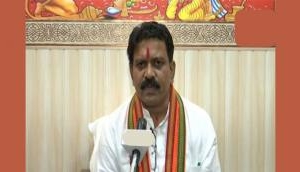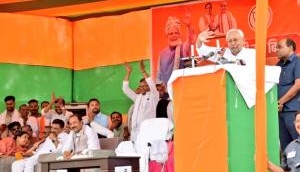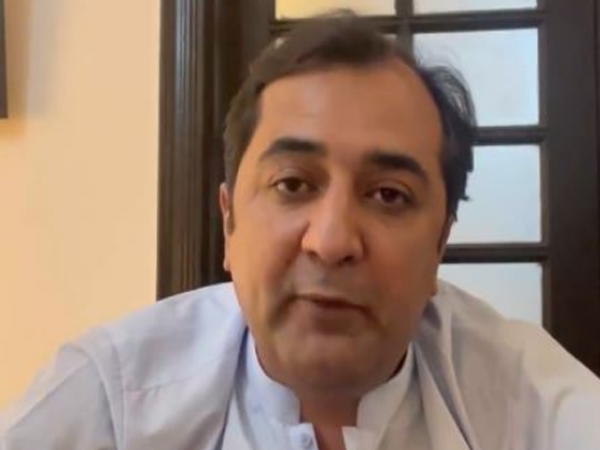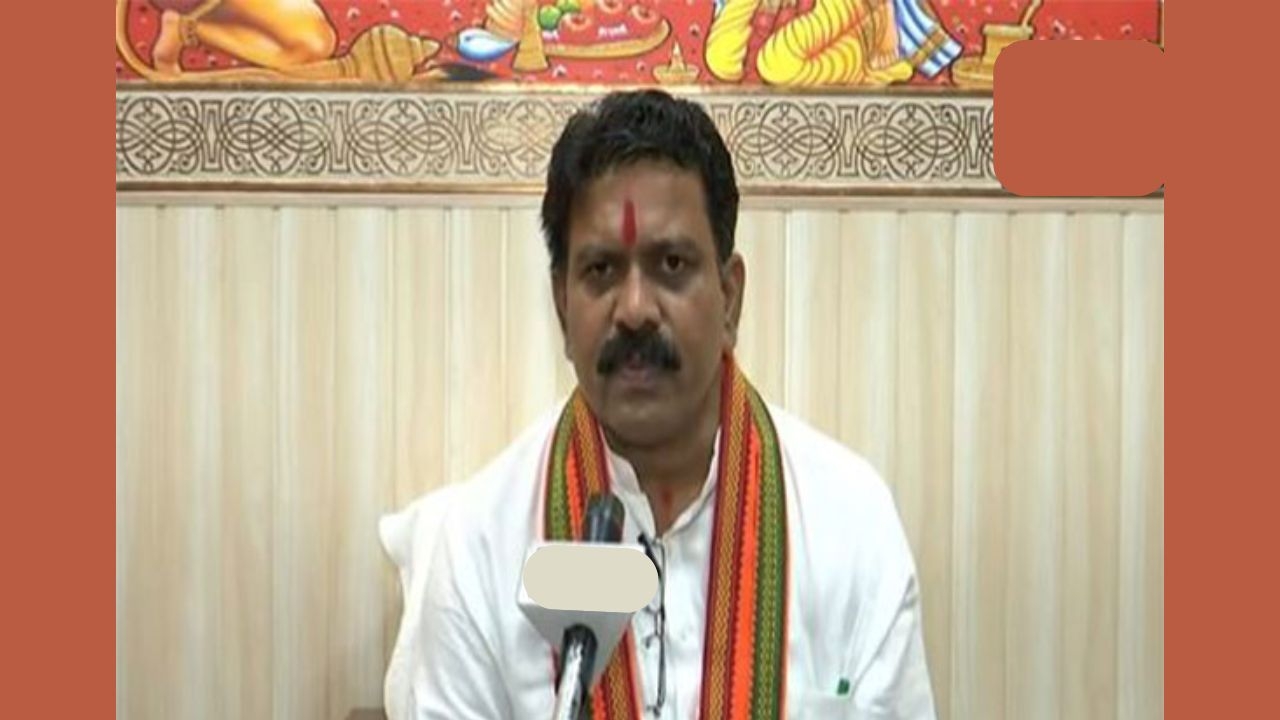Rusting frame: the bureaucracy is broken but it can be easily fixed

The ailment
- Rot in the bureaucracy - post-retirement sinecures, cronyism, political appointments
- Too many secretaries with too little work leaves more space for shuffling them
- Cabinet secretary\'s position has been devalued - secretary in PMO is more powerful now
The cure
- Scrap all post-retirement jobs, except constitutional ones, for civil servants
- Raise retirement age across the board; make voluntary retirement attractive
- Restore the cabinet secretary to his rightful pre-eminence
Critics of this government have been quick to point to Home Secretary LC Goel's premature departure and the appointment of Rajiv Mehrishi in his place on the last day of his retirement as a sign of arbitrariness and authoritarian whimsy on the part of the prime minister and some of his colleagues.
The last 15 months have seen three home secretaries, three finance secretaries and several other untimely transfers. It seems that any set of retirements can be used as an opportunity to kick the bureaucracy around, play favourites and show who calls the shots.
But have things really worsened now? Does this indicate a trend? Has it demoralised the bureaucracy more than ever before?
Former cabinet secretary KM Chandrasekhar expressed his anguish and feared the impact such decisions could have on the civil services' morale. It was rich coming from him because his own rise to the top was facilitated by a powerful crony securing an extension for his predecessor so that competition from those senior to him was eliminated and he was left as the lone contender.
Further, when his two-year fixed tenure was coming to an end, he got, or managed, two further extensions. That effectively snuffed out the chances of nearly a dozen officers who might have had a shot at the job had he retired when he was supposed to. Issues of morale did not seem to trouble him then.
The point is that what has happened is nothing new. Things were much worse in the 10 years of the UPA rule. Cronyism with a regional bias flourished, so much so that being from a particular region or cadre meant an automatic passage to the more plummy assignments; mediocrity and pliant behaviour were encouraged and independence and uprightness ignored.
@howlatt: Under UPA, being from a particular region, cadre meant an automatic passage to plummy jobs
An endless number of post-retirement sinecures were created, fixed tenures were granted to the chosen few and an uncanny ability shown to unerringly appoint the wrong man to the wrong post.
To be fair, governments before the UPA were not much better. The civil services' morale has received a battering ever since Indira Gandhi worked out that in the world of realpolitik, having a pliant and subservient bureaucracy was infinitely more suited to the exercise of political power than one which could assert itself .
Many in the bureaucracy themselves have been and continue to be active contributors to the weakening of the 'steel frame' and were/are perfectly happy to see their colleagues kicked around as long as they could/can take deflective action if and when they saw/see the kick coming their way. Morale be damned.
While the larger issues facing the civil services, especially the noticeable decline in decision-making abilities, deserve deeper analysis from a politico-economic perspective, a few recent administration-specific distortions need urgent highlighting.
Systemic faults
First, there are just too many secretaries of too many departments which have too little substantive work content. The space for shuffling people around is much more. Tenures on these jobs can then be treated simply as time spent waiting for the right opportunity to move out to greener pastures. With more than half the jobs at the top level being of this kind, frustration runs high.
Creating so many secretary-level charges has also led to a diminishing of authority and gravitas that went with a secretary's job. In many cases, a secretary today performs the functions which an under secretary did 50 years ago. It is a huge de-motivator.
Second, we are recruiting a much older age-group than before so by the time an officer becomes a secretary his/her tenure is bound to be short. With such short tenures, survival rather than performance becomes the cherished goal.
Third, the guarantee of a five-year tenure at the level of the joint secretary - the cutting edge of the government - which was earlier treated as sacrosanct has been done away with.
No cabinet secretary, including those who have been pontificating about 'morale' in recent days, has put his foot down to stop officers from being shuffled around to suit political convenience. As a consequence, there is no level in the government where one can now expect continuity of policy and strategy.
Fourth, the position of the cabinet secretary as the head of the civil services and of civil administration has been completely devalued with the principal secretary/secretary in the PMO becoming more powerful.
As they are political appointees and owe their primary allegiance to the political head, they are neither concerned with long-term interests of the civil services nor do they have a role assigned to them for this purpose.
The cabinet secretary, who is meant to perform this role, matters less and less even in the matter of appointments and transfers. His role as a vital buffer between the civil services and the political executive and his ability to harmonise these relations seems to have vanished, leaving every secretary to work out his own equation with his/her political master.
Fifth, the UPA introduced a major distortion by fixing two-years term for home, defence and foreign secretaries - the cabinet secretary already had one - unrelated to the age of superannuation.
Many bureaucrats themselves actively work to weaken the steel frame; morale be damned, says @howlatt
As has happened now, it meant that secretaries who were political favourites could jockey themselves into these positions close to their retirement, giving them a chance to continue in the service and enjoy the privileges of power even as their colleagues retired.
Apart from the legitimate heart burn this system causes, it has implications for the independence of the officers appointed to these posts, beholden as they then are to their political benefactors for the grant of such a privilege.
Sixth, the 10 years of the UPA saw an exponential increase in post-retirement jobs for which retired civil servants alone are eligible. Suddenly, hundreds of jobs have become available and the officers now spend the last two years of their career working out and negotiating a post-retirement sinecure - with or without a quid pro quo - rather than doing their job.
That there is a strong likelihood of conflict of interest (a telecom secretary becoming chairman of TRAI, for example) and of impairment in the ability to function fairly and impartially in both jobs is conveniently overlooked. This is a scandal in the making.
Quick fix
Yet, overcoming these distortions and restoring a modicum of administrative health to the system is not an insuperable task. The prescriptions are simple enough:
-
Reduce the number of government departments drastically by re-clustering them and rationalising portfolios so that each department makes for a substantive and meaningful charge.
-
Give each secretary a fixed contractual term of five-years irrespective of the age at which he becomes a secretary.
-
Increase the retirement age across the board. And make voluntary retirement attractive so that a pensioner gets the same amount of money as his last pay for the rest of his life.
-
Reduce the age of entry into the civil services to bring in younger people.
-
Restore the cabinet secretary to his rightful pre-eminence.
-
See through the proposed amendment of the Prevention of Corruption Act to protect officers from possible victimisation for bona fide errors of judgement or minor procedural irregularities made in the course of their work.
-
Scrap all post-retirement jobs for all civil servants except constitutional appointments.
None of these decisions will have an adverse political fallout. Taking them quickly will signal that this prime minister wants to stem the rot and be judged not with reference to his predecessors but the high standards he has set for himself and his government.
The views expressed here are personal and do not necessarily reflect those of the organisation.
First published: 7 September 2015, 12:53 IST





![BJP's Kapil Mishra recreates Shankar Mahadevan’s ‘Breathless’ song to highlight Delhi pollution [WATCH] BJP's Kapil Mishra recreates Shankar Mahadevan’s ‘Breathless’ song to highlight Delhi pollution [WATCH]](http://images.catchnews.com/upload/2022/11/03/kapil-mishra_240884_300x172.png)

![Anupam Kher shares pictures of his toned body on 67th birthday [MUST SEE] Anupam Kher shares pictures of his toned body on 67th birthday [MUST SEE]](http://images.catchnews.com/upload/2022/03/07/Anupam_kher_231145_300x172.jpg)






